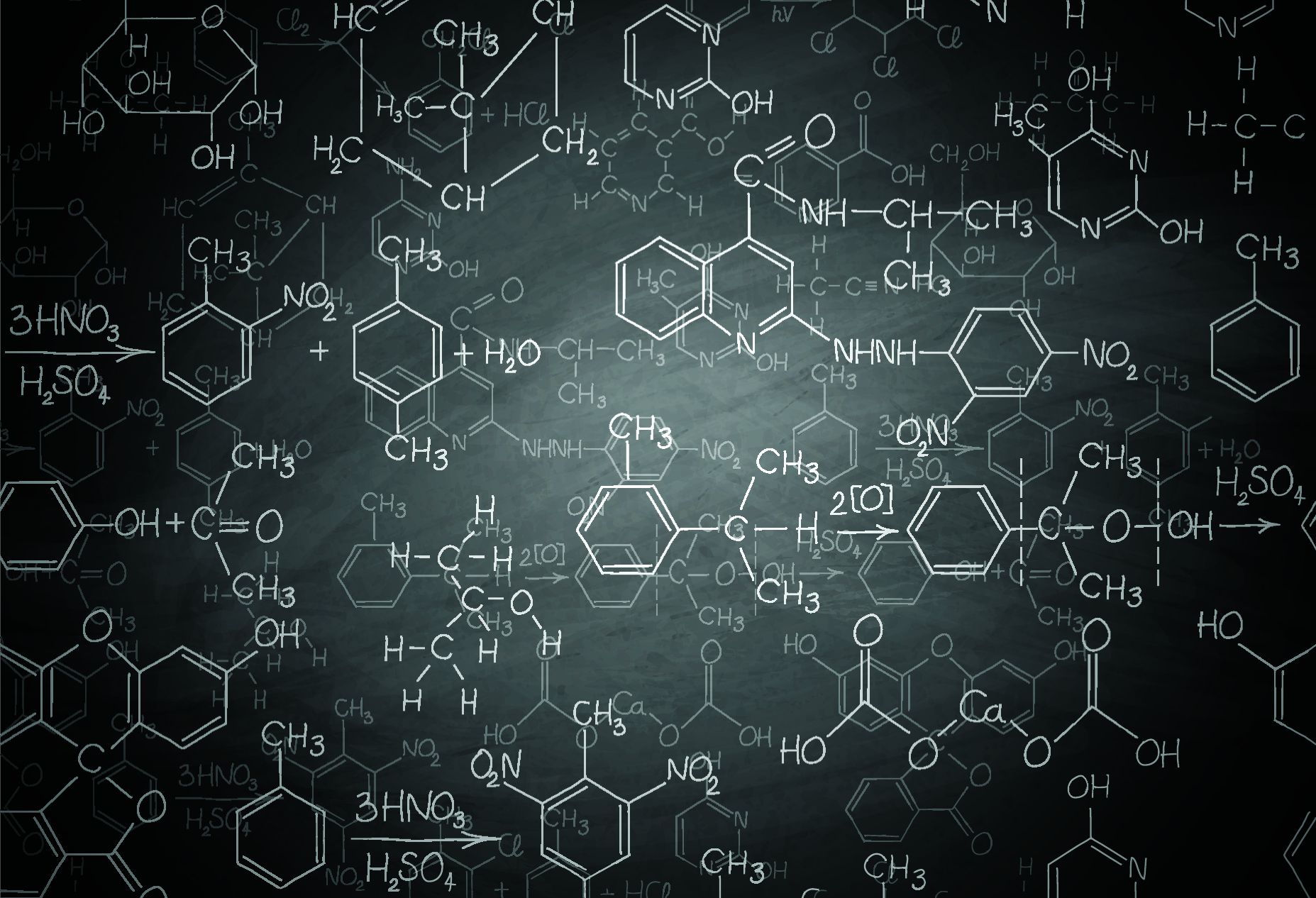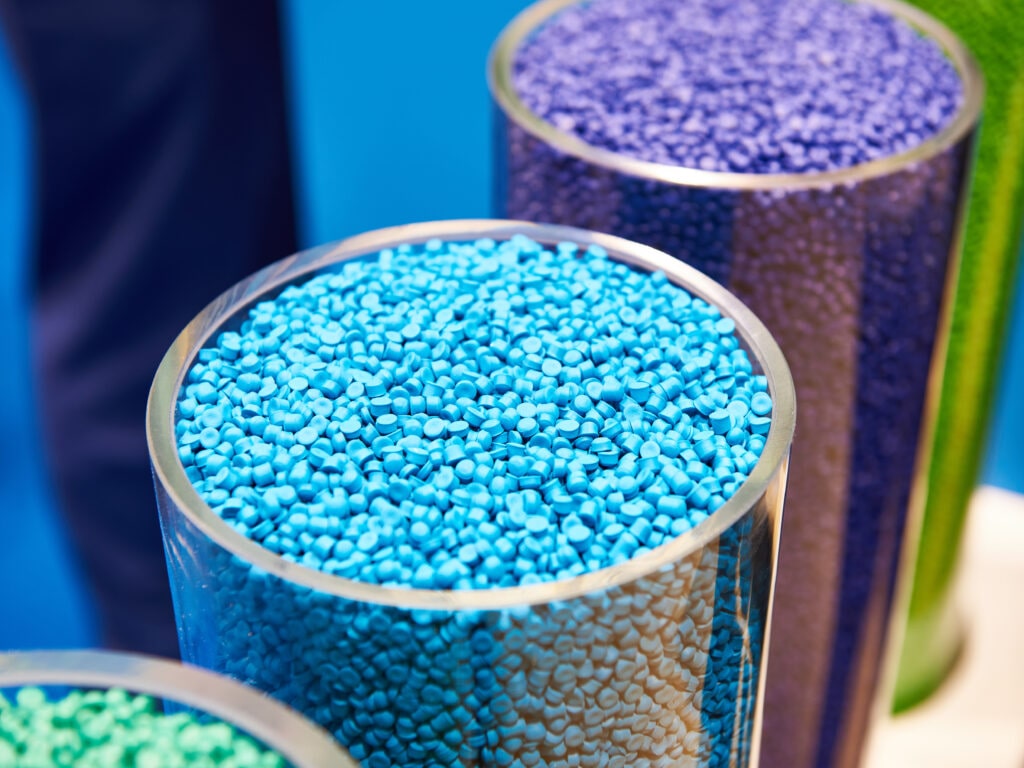
Polymer Characterization
Polymer Testing and Analysis from SGS PSI
As a trusted global leader, we deliver advanced polymer testing. Our highly qualified experts solve complex challenges across polymers, rubbers, and plastics – answering critical questions on quality, performance, and regulatory compliance.
Why Choose SGS PSI?
You’ll receive technical guidance from a designated scientific professional – from your first point of contact and through the duration of your testing. We’ll help you:
- Get free consultation to determine the appropriate analytical method for your polymer
- Identify the characteristics, properties and flaws in your materials
- Avoid unnecessary costs and unintended consequences for your critical projects and products
Polymer Testing Services
- Polymer Characterization
- Residual Monomer Testing
- Deformulation & Competitor Product Analysis
- Imported Goods Testing
- Polymer Molecular Weight by GPC
- Polymer Molecular Weight by Inherent Viscosity
- Medical Product Testing
- Material Selection
- Material Certification & Qualification
- Quality Control & Assurance
- Phthalates Analysis
- Depth Profiling & Surface Analysis
- Polymer Structure Analysis
- Stress Testing
- Additives Analysis
- Aging & Chemical Resistance Testing
- Failure Analysis
- Product Release Testing
- Lot Release Testing
- And More View All
World-leading Instrumentation
Our labs are equipped with world-leading instrumentation to ensure that we detect, measure and test your materials with the highest degree of accuracy. Techniques to test your polymer, plastic, and rubber materials include:
Chromatographic Analysis to determine individual components in your polymer, for example additives, solvents, and residual monomers.
Spectroscopic Analysis to characterize the polymer itself for general identification but also monomer ratios for copolymers and screening for metals.
Microscopic Analysis provides information about surfaces of polymer and is commonly used in failure analysis and foreign particle identification.
Physical Testing provides data related to the tensile, flex, compression, and impact properties of polymers as received, after aging, or even after chemical exposure.
Wet Chemistry or applied chemistry, covers a large variety of testing techniques such as titrations and are often a necessary part of a more complex testing plan.
Thermal Analysis methods determine temperature dependent properties such as the melting point, glass transition temperature, and viscosity.
Not sure where to start? Contact an expert today.

Experience
Our polymer labs and extraordinary team of expert scientists have worked to help many industries including:
Medical devices and medical products: Packaging, tubing, drug delivery systems, bioreabsorbable scaffolds, stents, catheters.
Pharmaceutical products: Drugs, excipient testing, raw material testing, drug eluting stents, and combination device testing.
Food Contact Products: Extensive experience with 21 CRF 177 guidelines for food & food packaging testing.
Industrial products: Film, fiber, o-rings, adhesives, coatings, circuit boards, and tires of all sizes and shapes.
Aerospace & Defense: Tear gas, body armor, bullets, explosives, laminates, propellants, and epoxy resins.
Consumer Products: Mascara, mattress foam, microwaveable food packaging, carpet, women’s lingerie, tanning lotion, and tortillas.
Material Suppliers: Resins (used in a variety of products), plastic pellets.
